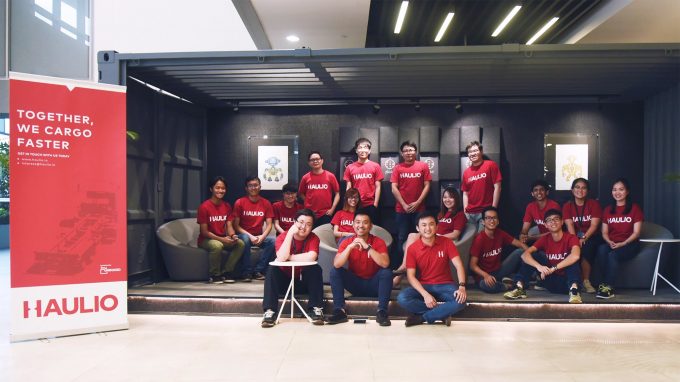Bangladesh shippers fear rising freight rates will hit demand
Bangladeshi shippers fear catastrophe from a 100% freight rate hike within just a month. Data shows ...

Singapore start-up Haulio is dragging drayage into the digital age, aiming to ease port congestion with its trailer/container matching platform for hauliers
Backed by terminal operator PSA, through its investment incubator PSA unboXed, Haulio is in operation in Singapore with around half the city-state’s haulage companies ...

Comment on this article